MEET THE OLOGIST: LEANNE MELBOURNE
What does a marine biologist do?
LEANNE MELBOURNE: A marine biologist is somebody who studies life in the ocean. So they study the animals and the fish and the plants and how they interact with each other, how they may change through time. But yeah, all life in the ocean.
Why is algae important?
LEANNE MELBOURNE: Algae is important because it has many functions that help sustain life on this planet. So one you can think of is habitat functions. So they provide homes to lots of organisms and lots of animals in the oceans.
They also provide food, and also through photosynthesis, when they take in that carbon dioxide to create their energy and their nutrients and they release oxygen, that oxygen is important to lots of fish and also us humans because we need oxygen to live. So, yes, so it sustains a lot of life on this planet.
What is your typical day?
LEANNE MELBOURNE: Ooh, my typical day as a scientist can be very different. No two days are the same. So sometimes I'm in the office, and I'm writing up my research, trying to work out what I'm doing next, analyzing data. Sometimes I'm in a lab like this, actually preparing my samples. Sometimes I'm in other labs trying to collect data.
Sometimes you're in the field. So, for me, at the moment, my field-- where I collect my shells is on beaches. So it's quite nice I get to go to the beach sometimes to collect shells. And then, other times, I'm giving talks, I'm going into schools. So, yes, no two days are the same.
What research are you most excited about?
LEANNE MELBOURNE: One of the organisms that I'm looking at moment are oysters. I'm really excited to see how the local environments-- so looking at different environments from further north-- so, like, Maine compared to New York, compared to Maryland. Looking at how the local environment really affects how they are growing, and how it changes things to do with their shell-- so how thick the shell is, changing how hard how stiff the shell is. So I'm really interested to see what actually comes out of that research.
What do you like most about being a scientist?
LEANNE MELBOURNE: I guess what I like most about being a scientist is that I do get to do a lot of different things. But I think the major thing that I'm really excited about is that I do get to do this outreach in science communication. I get to talk to the public about my science.
I get to go into schools and talk to school children about mussels and coralline algae and climate change. And yeah, I really, really am passionate about getting the word out about what is happening in our oceans.
How did you figure out you wanted to be a scientist?
LEANNE MELBOURNE: Well, how did I figure out I wanted to be a scientist? I didn't really. When I was younger, I wanted to be an actor. And then after that, I decided I wanted to work and be in medicine and be a doctor. I wanted to be a pediatrician, so a children's doctor. And then I kind of realized that that wasn't really what I wanted to do. It was more influenced from my mom because she works in the hospital, and that was something that she kind of thought I would be a good profession for me, a good career for me.
And so, when I realized that actually wasn't really what I wanted to do, I had to kind of look at what I was studying at the moment and what I could do in college. And so, I was very good at science subjects. So I chose chemistry and still didn't really want to be a scientist then. I thought chemistry would give me all these skills I could use to go off into the working world, but I didn't really know what that meant.
And the more I progressed through that course and the more I looked at environmental chemistry, I slowly started to end up going down that science route. And yeah, and that's how I'm here. I kind of just followed what was passionate about, and it somehow taken me to being a scientist, even though I never even thought of it as a career, an option for me.
If you weren't a scientist what else would you be?
LEANNE MELBOURNE: If I wasn't a scientist right now, I guess I would be working, maybe, still in science, but just not as a scientist. So maybe in science communication. This was one of my previous roles. And so I think I still would be involved in something that involved communicating science, but maybe not just doing my own research.
What advice do you have for kids interested in being a scientist?
LEANNE MELBOURNE: My advice to kids who want to be a scientist is to keep asking those questions. Keep following your passions in science. Find what you're really interested in and just learn as much as you can about it.
What advice do you have for kids who think science is boring?
LEANNE MELBOURNE: I feel like you just haven't found the right area of science yet, if you're thinking that science is boring. Like, do you like fireworks, and all the pretty colors that come with fireworks? Like, the chemistry behind that is really cool, and how the different compounds come together to create those fireworks. So anything that you have a passion for, you could probably find a way of studying the science behind it. So, yeah, really, I think you just haven't found the right part of science that you enjoy yet.
What is your favorite place at the museum?
LEANNE MELBOURNE: So I think I have two favorite places at the museum. One would be the new Hall of Gems and Minerals. I really love all of the different rocks and the minerals in there and how it's explained. And especially when you come in first of all into that hall and you see that massive geode, it's just really jaw-dropping.
And then secondly for me is the Hall of Biodiversity. I love how it shows the evolution of life, and you're starting off with these single-celled organisms, and you go into very kind of simple plants, and it develops all the way to these organisms that we know and love and things like the giant squid, which I think is just really cool.
What is your favorite kids book?
LEANNE MELBOURNE: My favorite kid's book is a book called, A Fly Went By. And I think it's just a really lovely book. It's a rhyming book about this kid who's sitting on the lake and a flag goes by and the fly is very scared. And the kid asks the question, like, why are you scared? And basically the fly is like, oh, I'm trying to get away from this frog. This frog is chasing me. And then there's like a series of animals that each animal is afraid that the other animal is trying to get them. And all it is in the end is sheep with a tin can on its leg, trying to get some help.
And I think I really loved it because it was something that my mum would read to me like every night. And then when my nieces and nephews were of age, I bought the book and I would read it to them. So I think it just has this kind of family tradition about it that I really love.
What is your favorite ice cream flavor?
LEANNE MELBOURNE: My favorite ice-cream flavor is mint choc chip.
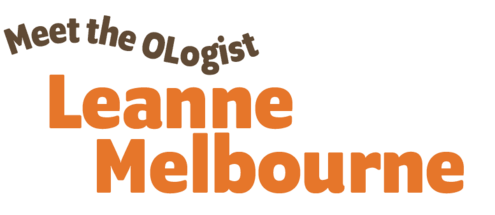
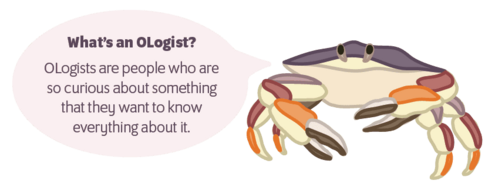
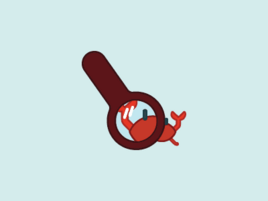
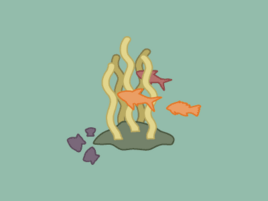
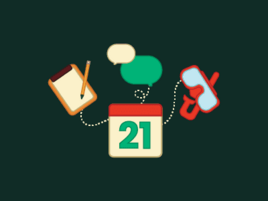
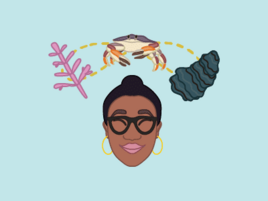
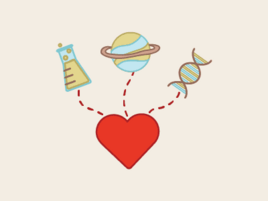
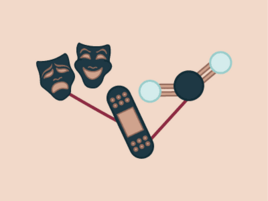
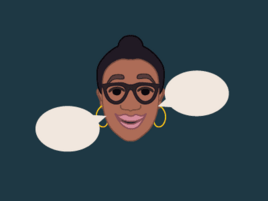
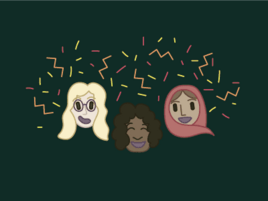
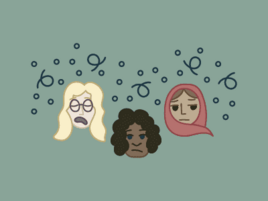

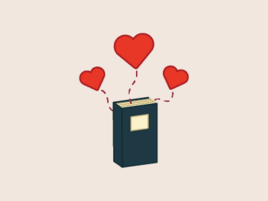
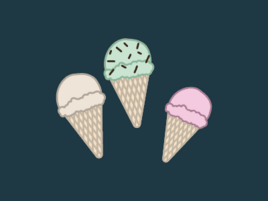


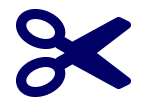

 Biodiversity
Biodiversity
 Brain
Brain
 Genetics
Genetics
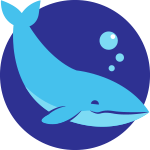 Marine BiOLogy
Marine BiOLogy
 MicrobiOLogy
MicrobiOLogy
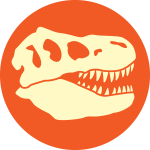 PaleontOLogy
PaleontOLogy
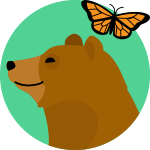 ZoOLogy
ZoOLogy
 AnthropOLogy
AnthropOLogy
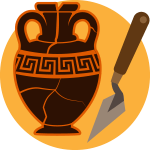 ArchaeOLogy
ArchaeOLogy
 Astronomy
Astronomy
 Climate Change
Climate Change
 Earth
Earth
 Physics
Physics
 Water
Water
